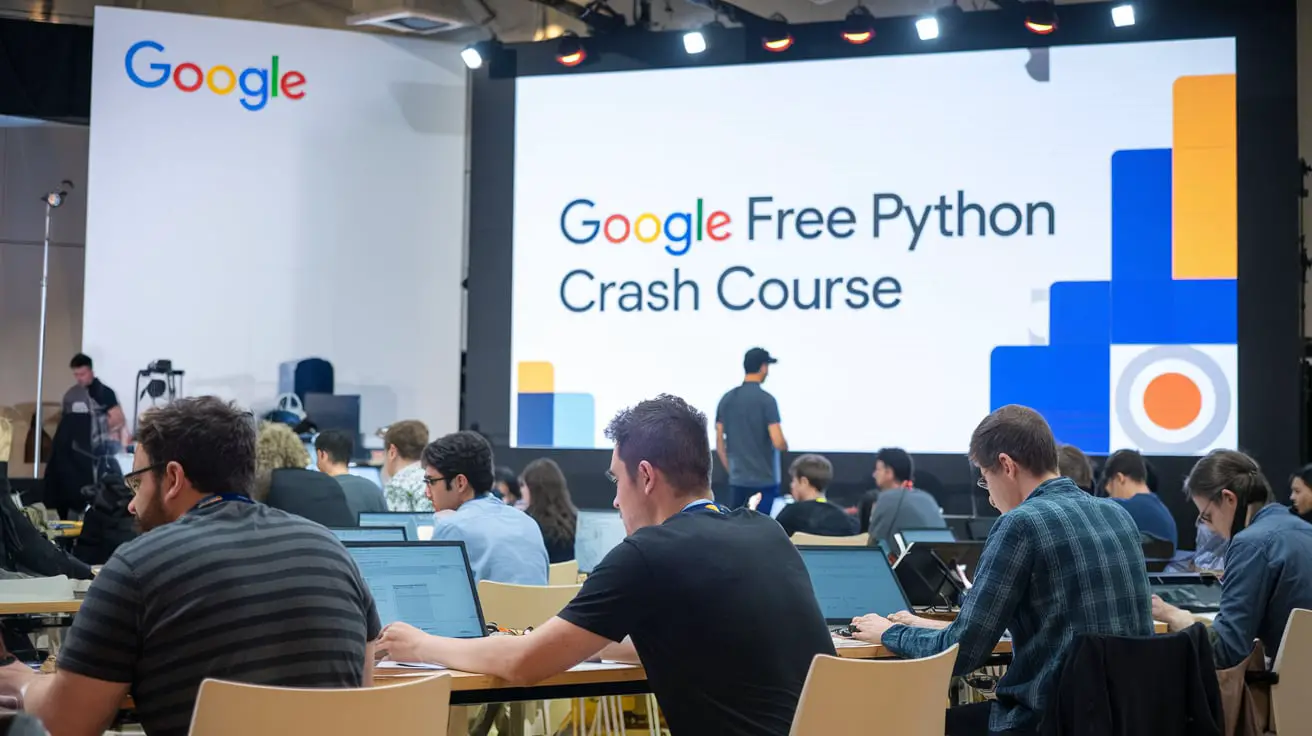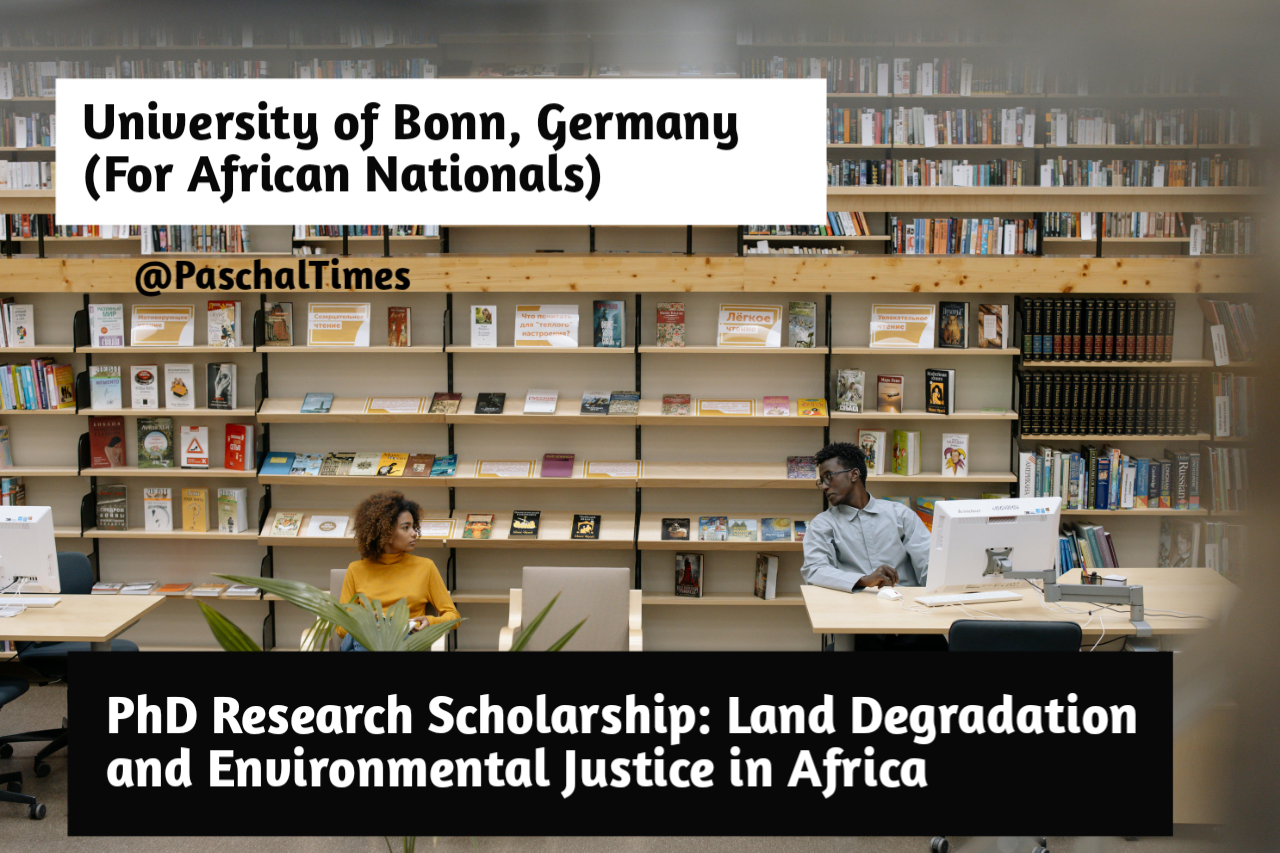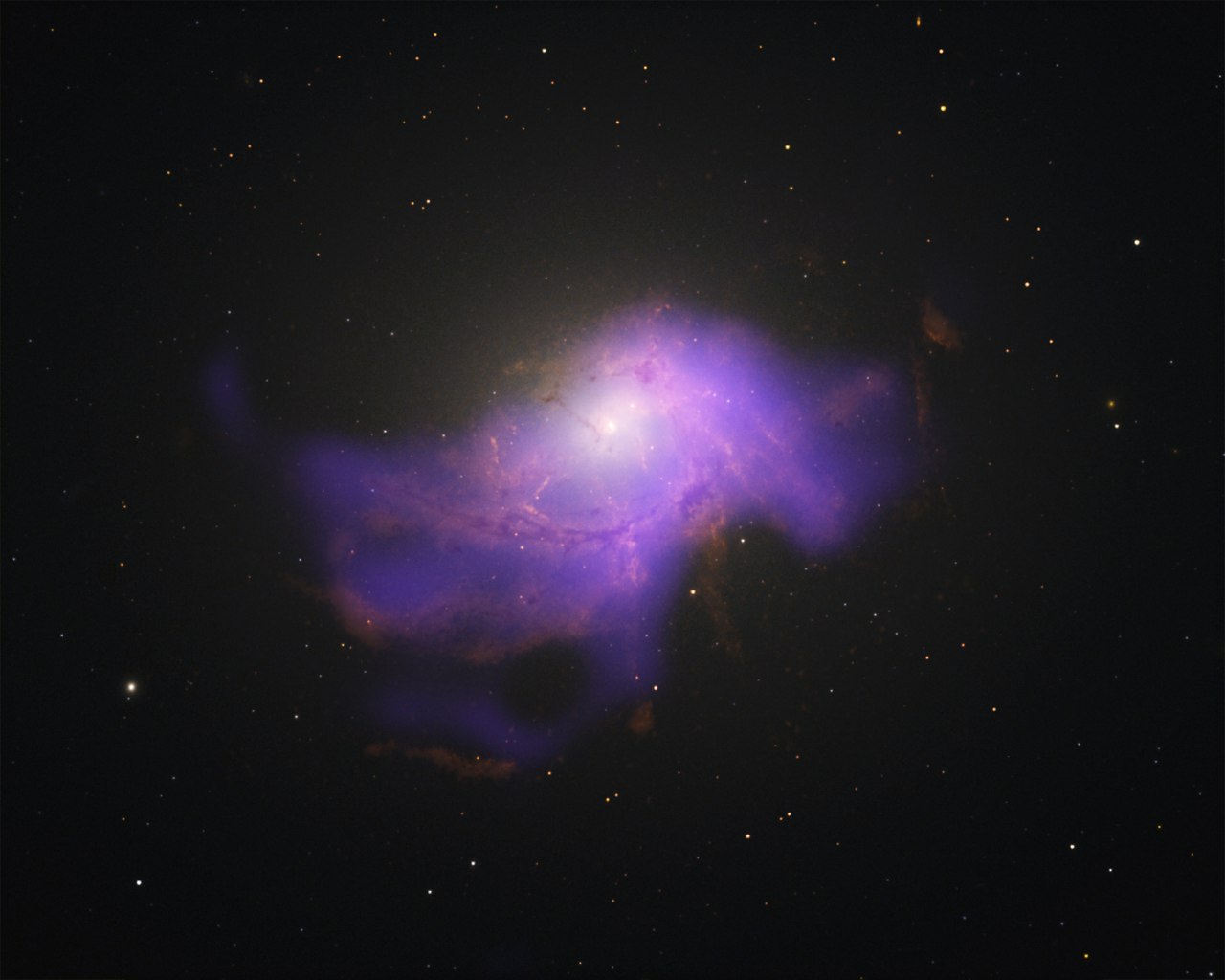Google Offers Free Python Crash Course For Beginners to Help You Upskill in 2025.
The digital age waits for no one, and Python has quietly become the lingua franca of innovation—fueling AI breakthroughs, decoding big data, and building the apps we can’t live without. But what if you could master this skill without spending a dime? In 2025, Google throws open the gates to programming literacy with its Free Python Crash Course, a game-changer for aspiring coders. Forget dry textbooks and pricey bootcamps; this is your shortcut to joining the tech revolution.
Why #Python ?
Because the Future Speaks in Code
Python isn’t just popular—it’s inescapable. By 2025, its dominance spans industries:
- AI & Automation: Python scripts train chatbots, optimize supply chains, and even pilot drones.
- Data Goldmines: analysts use Python libraries like Pandas to turn raw data into boardroom decisions.
- Career Rocket Fuel: LinkedIn’s 2024 survey shows Python skills boost hiring odds by 68% for non-tech roles too—marketing, finance, healthcare.
But here’s the kicker: Python’s elegance hides its power. Its syntax reads like plain English, letting beginners automate tasks within weeks. One student, Priya (a former teacher), automated her school’s attendance system using Python after just 15 hours of study. “It felt like learning to cast spells,” she laughs.
Inside Google’s Python Playground: No Experience Required
Google’s course isn’t another YouTube tutorial dump. It’s a structured ramp from “Hello World” to real-world projects. Think of it as a coding gym, where you’ll flex new muscles:
Phase 1: Syntax Bootcamp
- Variables, loops, and logic gates—the ABCs of programming.
- Manipulate data with Python’s toolkit: lists, dictionaries, and strings.
Phase 2: Automate Your World
- Write scripts that scrape websites, organize files, or send automated emails.
- Build a mini-project, like a quiz app or budget tracker.
Phase 3: Object-Oriented Thinking
- Craft reusable code with classes and objects.
- Peek into advanced topics like APIs or data visualization.
And the best part? You’ll learn by doing. “The course had me coding a weather app by Week 3,” shares Arjun, a 2024 alumnus now interning at a Bangalore startup.
Why This Course Beats the Rest
- Google’s Stamp: Lessons are vetted by engineers who’ve built tools like Colab and TensorFlow.
- Learn Anytime, Anywhere: Binge it over a weekend or squeeze in modules during lunch breaks.
- Zero Cost, Infinite ROI: Unlike platforms that upsell certificates, Google’s focus is pure skill-building.
Your Roadmap to Python Fluency
1. Code Daily, Even Mini-Sessions: 20 minutes to 2 hours once a week.
2. Break Things: Got an error? Celebrate—it’s a clue, not a crisis.
3. Join the Tribe: Swap tips on Discord or Reddit’s r/learnpython.
4. Build, Then Build Louder: Start small (a meme generator) then dream big (a stock predictor).
Ready to Code Your Future?
Enroll now.
==> https://tinyurl.com/Gpytho...
#Google #Scholarship #FreeCourse #Course #Tech #Technology #Education
PhD Research Scholarship: Land Degradation and Environmental Justice in Africa By University of Bonn, Germany (For African Nationals).
Are you an aspiring researcher from Africa passionate about environmental justice and sustainable land use? The Right Livelihood College (RLC) at the Center for Development Research (ZEF), University of Bonn, Germany, is offering a prestigious DAAD-funded PhD research scholarship focused on Land Degradation, Environmental Justice, and Socio-Cultural Dynamics in Africa. This unique opportunity allows scholars to engage in empirical research alongside Tony Rinaudo, the 2018 recipient of the "Alternative Nobel Prize."
About the Program
The Right Livelihood College (RLC) is a global initiative that collaborates with leading universities and the Right Livelihood Foundation—the organization behind the "Alternative Nobel Prize." The University of Bonn hosts one of RLC’s nine international campuses, serving as a hub for critical research on pressing global challenges.
Through this initiative, the University of Bonn is committed to tackling land degradation in Africa, a critical issue affecting rural communities and smallholder farmers. This PhD scholarship provides a platform for African scholars to investigate the root causes of land degradation, analyze socio-cultural land use practices, and address systemic inequalities affecting rural livelihoods.
Who Can Apply?
This scholarship is open to outstanding candidates who meet the following criteria:
✔️ Citizenship: Must be a citizen of an African country and currently residing in Africa.
✔️ Academic Background: Must hold an excellent master’s or equivalent degree in social sciences, humanities, political science, development studies, or related fields from a recognized institution.
✔️ Research Skills: Proficiency in empirical and qualitative research methods is essential. Experience in critical action research and interdisciplinary studies is a plus.
✔️ Language Proficiency: Fluency in English is mandatory.
✔️ Commitment to the Field: A strong interest in land degradation, environmental justice, and socio-cultural dynamics is expected.
Program Highlights
📍 Location: University of Bonn, Germany
📅 Duration: 3.5 years
📚 Structure:
August 1, 2025 – Start of German language training
October 1, 2025 – Begin 40-month Junior Researcher position at ZEF, University of Bonn
First Year: Participation in the ZEF Doctoral Studies Program, which offers comprehensive training and research support
💰 Funding: The DAAD scholarship covers:
German language course
Travel and research expenses
A living stipend for the duration of the program
•How to Apply
•Additional Resources
•Important Dates
(Check the comments )
#Scholarship #DAAD #Opportunities #Education #College #Study #Africa #Germany
NASA Study Uncovers Black Holes’ Surprising Ability to Self-Feed!
A groundbreaking study using NASA's Chandra X-ray Observatory has revealed that the universe’s most massive black holes can fuel themselves! Scientists discovered that black hole outbursts help cool surrounding gas, allowing them to "feed" and potentially shape star formation.
By analyzing seven galaxy clusters, researchers found a link between hot and warm gas filaments, supporting a model where black holes trigger gas cooling. This discovery could reshape our understanding of cosmic evolution and the role of black holes in galaxy formation.
#NASA #BlackHoles #Astrophysics #SpaceMysteries #CosmicEvolution #StarFormation #XRayAstronomy #ScienceBreakthrough #GalacticScience #Space #Astronaut #PaschalTimes



